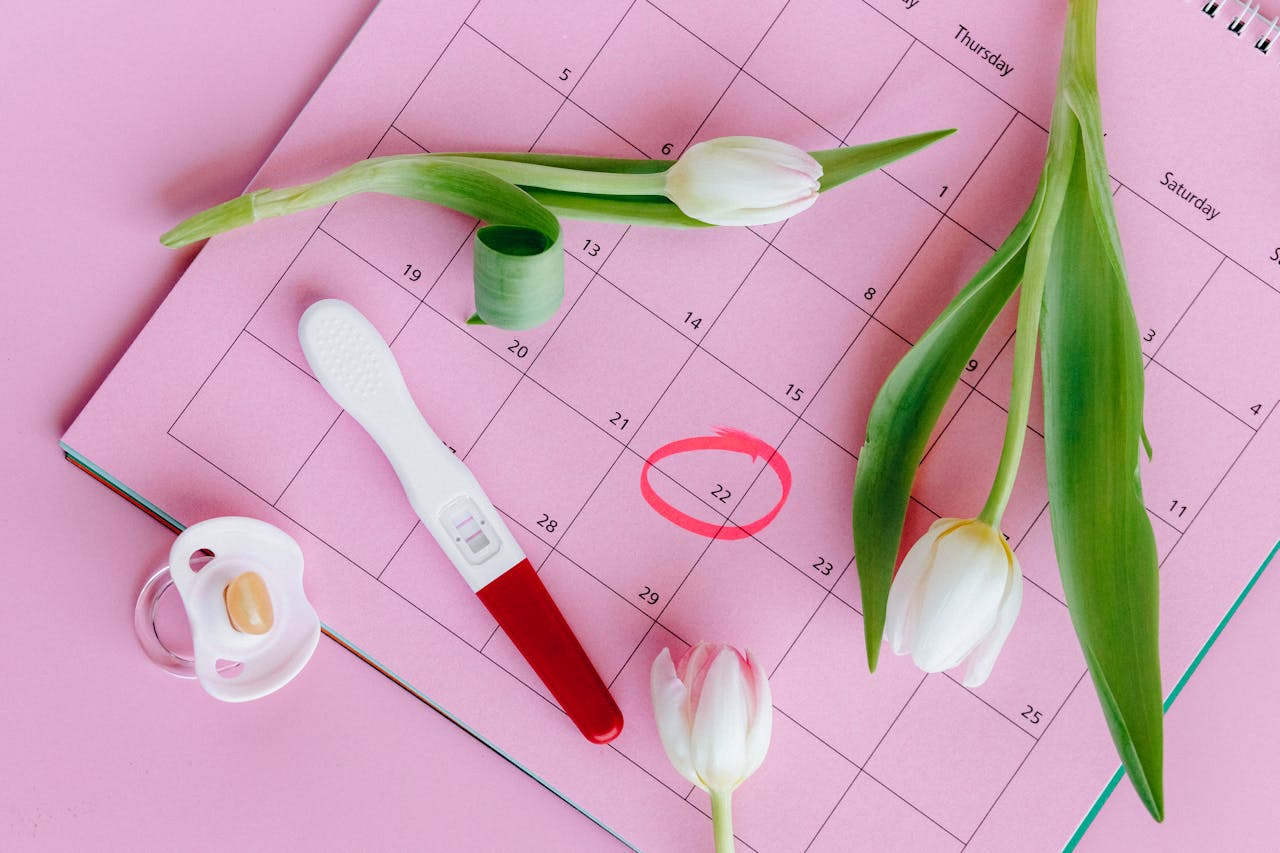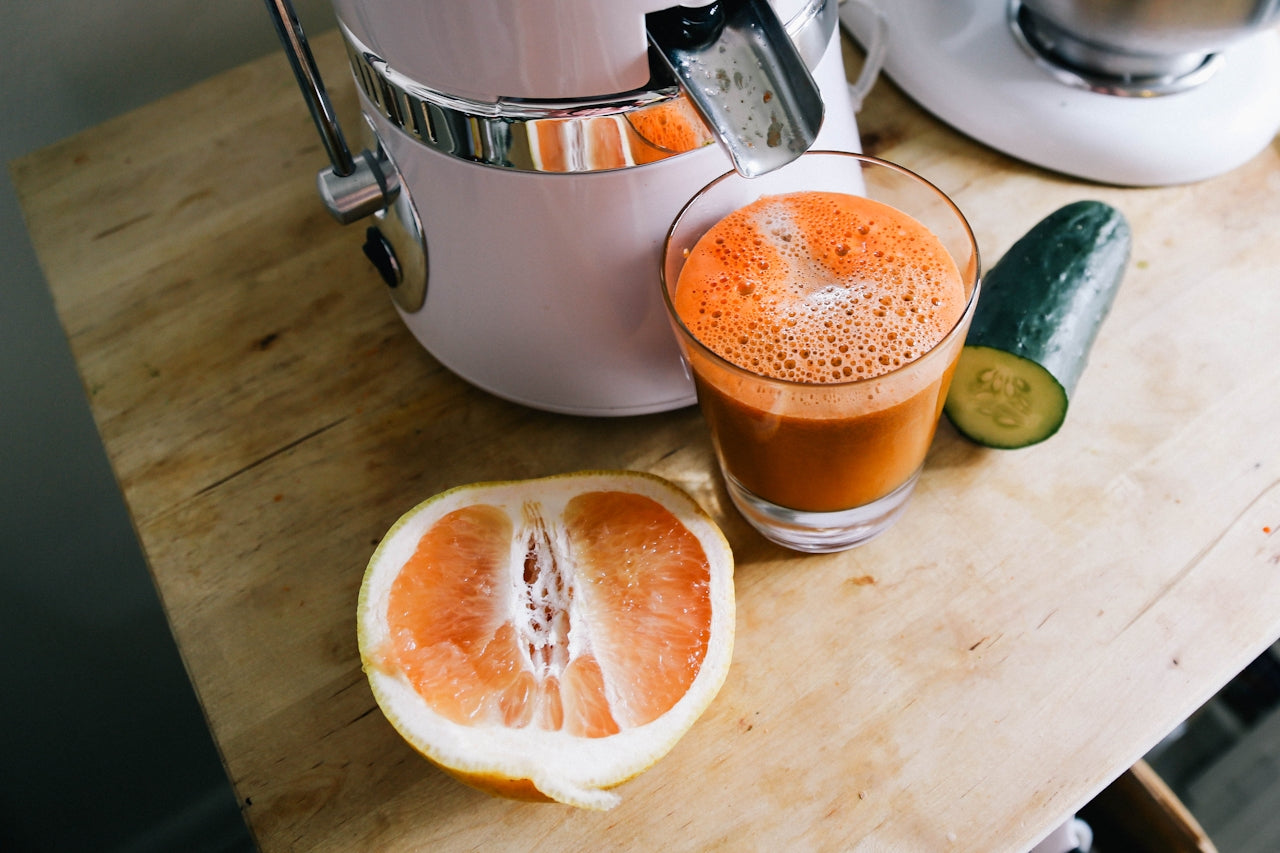Fasting might be trending, but when it comes to fertility, things get a bit more complex than skipping breakfast and calling it self-care.
We get it — intermittent fasting has been all over TikTok and wellness podcasts, promising everything from fat loss to better focus. But if you're thinking about hormonal health or trying to support fertility, it’s time to dig deeper.
Let’s break it down — without the fluff.
🧠 First of all, what is intermittent fasting?
In simple terms, it’s time-restricted eating. Most people follow a pattern like 16:8 — fasting for 16 hours and eating during an 8-hour window. Others go for alternate-day fasting or even longer fasts.
Some people swear by it. But here’s the thing — most research has been done on men, and women’s bodies (especially hormonally) are a whole different story.
🔥 Fasting = stress on the body
Fasting is a mild stressor. And in small doses, that can be beneficial. But for people who are already juggling busy lives, intense workouts, and hormonal fluctuations, fasting can tip your body into chronic stress mode.
Cue: disrupted cycles, ovulation issues, and even amenorrhea (when your period stops altogether).
🧬 So how does it impact fertility?
Let’s talk science-y for a sec.
Fertility relies on a delicate hormone dance — especially GnRH, LH, and FSH (the ones that tell your ovaries to do their thing). When your body perceives stress or a lack of nutrients, it may suppress these hormones to prioritise survival over reproduction.
Translation: your body’s like “now’s not the time to make a baby,” and shuts the whole system down.
🙅 Signs fasting might be doing more harm than good:
-
Your periods become irregular or stop altogether
-
Your energy crashes regularly
-
You’re constantly cold, anxious or moody
-
You’re struggling to sleep or constantly waking up at 3am
-
Your libido is MIA
Sound familiar? It might be time to rethink your approach.
🥑 Eating for hormone balance (not just a flat stomach)
If fertility is a goal — now or in the future — here’s what your body actually needs:
-
Stable blood sugar from regular meals
-
Healthy fats to support hormone production (hello, avocado & olive oil)
-
Protein to stabilise energy and support repair
-
Complex carbs (yes, carbs!) to support ovulation
-
Micronutrients like zinc, iron, B vitamins and magnesium
✨ It’s not about eating constantly — it’s about eating consistently.
🧘 So, should you stop fasting completely?
Not necessarily. Some women can fast and feel great. But context is everything.
If you:
-
Have a history of disordered eating
-
Are trying to conceive
-
Have irregular periods
-
Are under a lot of stress or training intensely
…then fasting might not be your best friend right now.
Instead, try:
-
Eating within 1–2 hours of waking
-
Focusing on balanced meals, not skipped ones
-
Honouring hunger cues — not ignoring them
-
Taking rest as seriously as workouts
🧪 Fasting isn't “bad,” but it’s not one-size-fits-all
Your fertility isn’t fragile, but it is responsive to stress, fuel, and overall wellbeing. Fasting may help in some cases, but for many women, especially those thinking about babies (now or later), consistency > restriction.




